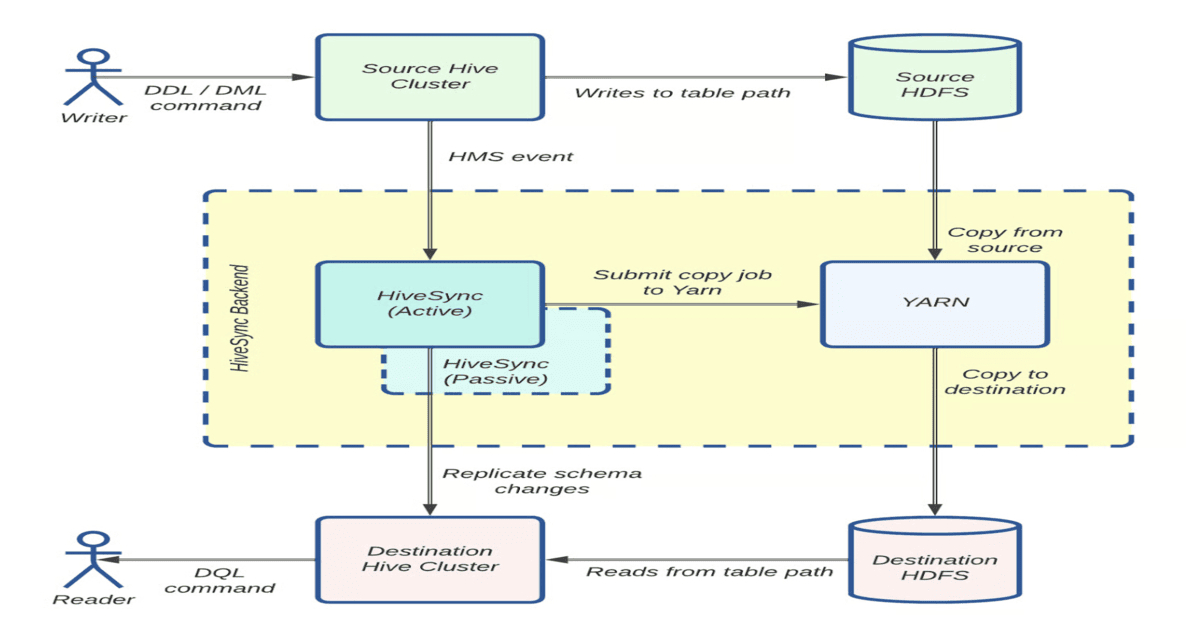Codetown
Codetown ::: a software developer's community
Future Internet Architecture Meeting & Webinar
CISE invites you to attend an information meeting and webinar to announce and answer questions concerning its recently released solicitation, Future Internet Architecture-Next Phase (FIA-NP: NSF 13-538) on Monday, February 11, 2013, 1:00 PM to 2:30 PM EDT. You must register at https://mmancusa.webex.com/mmancusa/j.php?ED=200243927&RG=1&... to participate.
CISE plans to support research that builds upon its current investments in Future Internet Architectures (FIA) with the Future Internet Architecture-Next Phase (FIA-NP) solicitation. Proposals are expected to specify research activities that will take existing FIA designs from basic components that have been integrated into early prototypes that demonstrate architectural principles and requirements to more sophisticated architectures with demonstrated prototype systems.
The FIA-NP information meeting will be held February 11, 2013, 1:00PM - 2:30PM EST (10:00 - 11:30 PST)
You may attend the informational meeting either on site or via live webinar.
On site: Please come to room 110 at the National Science Foundation, 4201 Wilson Blvd., Arlington, VA. No badges are needed to attend on site.
Live Webinar: Please register to attend the informational meeting via webinar using the link provided below. After your registration is accepted, you will get an email with a URL to join the meeting. Please be sure to join a few minutes before the start of the webinar. This system does not establish a voice connection on your computer; instead, your acceptance message will have a toll-free phone number that you will be prompted to call after joining. Please note that this registration is a manual process; therefore, do not expect an immediate acceptance. Acceptances should be complete by 10:00AM EST Monday 2/11. In the event the number of requests exceeds the capacity, some requests may have to be denied.
Webinar registration deadline: February 10, 2011, 23:59 PDT
Register at: https://mmancusa.webex.com/mmancusa/j.php?ED=200243927&RG=1&...
Notes
Welcome to Codetown!
 Codetown is a social network. It's got blogs, forums, groups, personal pages and more! You might think of Codetown as a funky camper van with lots of compartments for your stuff and a great multimedia system, too! Best of all, Codetown has room for all of your friends.
Codetown is a social network. It's got blogs, forums, groups, personal pages and more! You might think of Codetown as a funky camper van with lots of compartments for your stuff and a great multimedia system, too! Best of all, Codetown has room for all of your friends.
Created by Michael Levin Dec 18, 2008 at 6:56pm. Last updated by Michael Levin May 4, 2018.
Looking for Jobs or Staff?
Check out the Codetown Jobs group.
InfoQ Reading List
Google Cloud Brings Full OpenTelemetry Support to Cloud Monitoring Metrics

Google Cloud recently unveiled broad support for the OpenTelemetry Protocol (OTLP) in Cloud Monitoring, marking a step toward unifying telemetry collection across its observability stack.
By Craig RisiAWS Launches Agent Plugins to Automate Cloud Deployment

AWS launched Agent Plugins for AWS, providing AI coding agents with specialized deployment skills. The initial deploy-on-aws plugin transforms workflows by accepting commands like "deploy to AWS" and generating complete pipelines with architecture recommendations, cost estimates, and infrastructure code. Supported in Claude Code and Cursor, AWS claims 10-minute deployments versus hours manually.
By Steef-Jan WiggersGoogle Enhances Node Pool Auto-Creation Speed for GKE Clusters

Google Cloud has optimised GKE's node pool auto-creation, significantly cutting "Time to Ready" for massive clusters. By improving control plane communication and request batching, GKE now provisions resources faster, rivalling tools like Karpenter. The update enhances scaling reliability and stability for high-volume AI and batch workloads, automatically rolling out across supported versions.
By Mark SilvesterGitHub's Points to a More Global, AI-Challenged Open Source Ecosystem in 2026

GitHub has released its yearly look at open-source trends. They used data from the Octoverse 2025 report to help the open-source community get ready for the coming year. The picture that emerges is one of extraordinary scale and the structural strains that come with it.
By Claudio MasoloHybrid Cloud Data at Uber: How Engineers Solved Extreme-Scale Replication Challenges

Uber’s HiveSync team optimized Hadoop Distcp to handle multi-petabyte replication across hybrid cloud and on-premise data lakes. Enhancements include task parallelization, Uber jobs for small transfers, and improved observability, enabling 5x replication capacity and seamless on-premise-to-cloud migration.
By Leela Kumili
© 2026 Created by Michael Levin.
Powered by
![]()

You need to be a member of Codetown to add comments!
Join Codetown